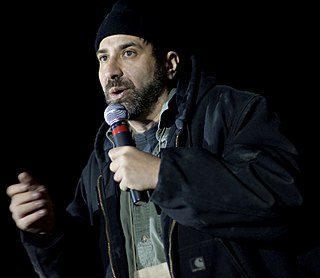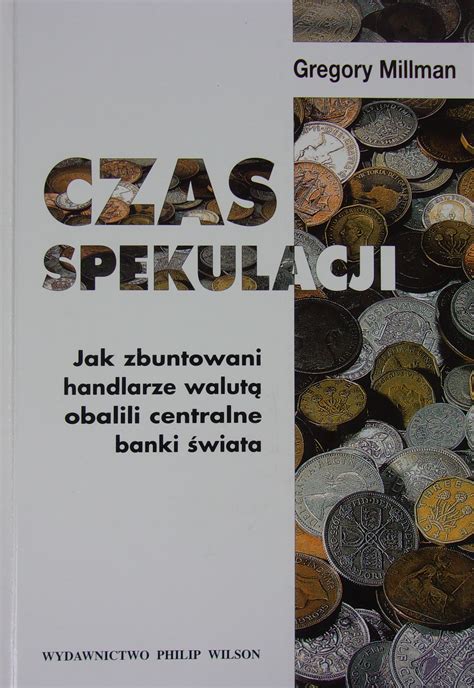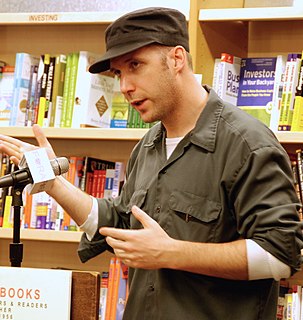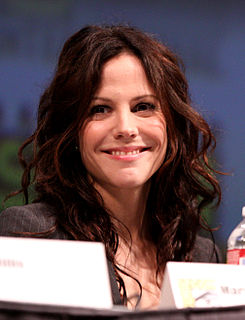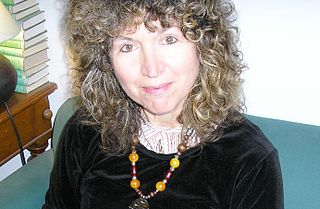A Quote by Eric Kripke
Every so often you want to map out your plot mythology but never so specifically that you can’t let a story surprise you. You want to allow the type of action of the writer’s room so that you have the ability to take a left turn.
Related Quotes
Animation story boarding works differently than live action story boarding. The story crew along with a writer really does shape and create the film - the world and it's characters. We meet almost every day and brainstorm the plot of the film. It's a highly collaborative process - and we continue to improve the story until we literally run out of time.
The writer must always leave room for the characters to grow and change. If you move your characters from plot point to plot point, like painting by the numbers, they often remain stick figures. They will never take on a life of their own. The most exciting thing is when you find a character doing something surprising or unplanned. Like a character saying to me: ‘Hey, Richard, you may think I work for you, but I don’t. I’m my own person.’
Writers remember everything...especially the hurts. Strip a writer to the buff, point to the scars, and he'll tell you the story of each small one. From the big ones you get novels. A little talent is a nice thing to have if you want to be a writer, but the only real requirement is the ability to remember the story of every scar. Art consists of the persistence of memory.
We want our children to become who they are- and a developed person is, above all, free. But freedom as we define it doesn't mean doing what you want. Freedom means the ability to make choices that are good for you. It is the power to choose to become what you are capable of becoming, to develop your unique potential by making choices that turn possibility into reality. It is the ability to make choices that actualize you. As often as not, maybe more often than not, this kind of freedom means doing what you do not want, doing what is uncomfortable or tiring or boring or annoying
Here's what I want from a book, what I demand, what I pray for when I take up a novel and begin to read the first sentence: I want everything and nothing less, the full measure of a writer's heart. I want a novel so poetic that I do not have to turn to the standby anthologies of poetry to satisfy that itch for music, for perfection and economy of phrasing, for exactness of tone. Then, too, I want a book so filled with story and character that I read page after page without thinking of food or drink because a writer has possessed me, crazed with an unappeasable thirst to know what happens next.
When I'm writing a script, I don't worry about plot as much as I do about people. I get to know the main characters - what they need, what they want, what they should do. That's what gets the story going. You can't just have action, you've got to find out what the characters want. And then they must grow, they must go somewhere.
Usually I'm trying to turn something around or turn it inside out and see what's underneath. I know that probably sounds incredibly vague but I never set out to be likeable or funny or anything like that. I'm just trying to tell the story in the best way that I can and serve the writer because it's really about the writer.
I think the trick of being a writer is to basically put your cards out there all the time and be willing to be as in the dark about what happens next as your reader would be at that time. And then you can really surprise yourself. There's that cliche, "No surprise for the writer, no surprise for the reader!"
Remember: Plot is no more than footprints left in the snow after your characters have run by on their way to incredible destinations. Plot is observed after the fact rather than before. It cannot precede action. It is the chart that remains when an action is through. That is all Plot ever should be. It is human desire let run, running, and reaching a goal. It cannot be mechanical. It can only be dynamic.





